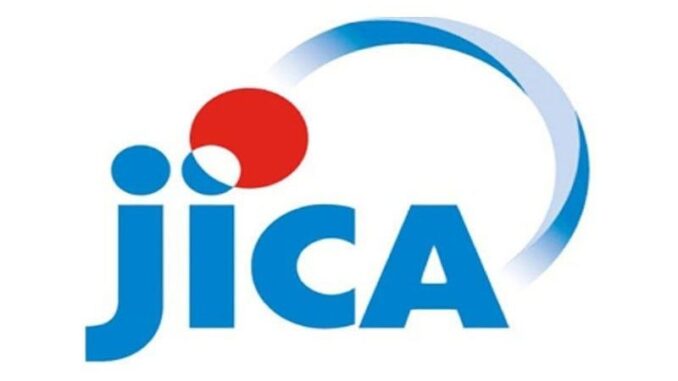
MANILA, Philippines — The Japan International Cooperation Agency (JICA) and the Bangko Sentral ng Pilipinas (BSP) have launched phase two of the credit risk database to help financial institutions better assess the creditworthiness of small and medium enterprises (SMEs).
Sakamoto Takema, chief representative of the Philippines at JICA, said that since the launch of the Credit Risk Database (CRD) scoring model in May 2023, the project is moving on to its second phase.
During the second phase, the government and its partners should maintain the robustness of the database by creating a secure environment and convenient data provision mechanism for financial institutions.
It should also maintain the accuracy of the scoring model in order to gain and keep trust from end users. This is through regular, internal and third party validation.
The BSP and its partners should also further develop the expertise, skills and knowledge in overseeing the CRD.
“During the second phase, we are encouraged to establish a permanent operating body that will operate and maintain the CRD services in the Philippines,” Takema said.
“We believe that the principles of confidentiality, open or public access, transparency, and fairness are the foundations of a functional and sustainable CRD operating entity,” he said.
Takema also said that every stakeholder should be active in discussions regarding the establishment of an operating entity for CRD.
BSP Governor Eli Remolona Jr. described the development of the CRD as akin to building a vital public utility, likening it to the “plumbing of the banking system.”
“To me, the credit risk database is like an essential public utility,” Remolona said. “Soon, we would be able to get clean water from our tap, take nice warm showers, and flush our toilets. That, to me, is the essence of a credit risk database for the banking system.”
The CRD project is expected to enhance the financial sector’s risk assessment capabilities and facilitate more efficient lending decisions, particularly for SMEs.
Remolona also highlighted the participation of 33 financial institutions in the project, which surpassed the initial target of 20 banks.
“We have already seen many SMEs’ success stories. Each of them inspires us to keep pushing forward with the work we have already started as we end phase 1 and as we move to phase 2 of the CRD project,” Remolona said.
“I know we will sustain the momentum that we’ve already built, so let’s continue to work together to help SMEs improve the quality of life of the majority of Filipinos,” he said.


Be the first to comment